Down Payments Explained
A down payment is the amount of cash a home buyer puts toward the price of a new home. It accomplishes a few things; first it reduces the amount of money you need to borrow and it reduces the risk the lender takes in loaning the money. By reducing the risk, the borrower will typically get a better interest rate on the loan and increase the amount of home they can buy.
How Large a Down Payment Do You Need?
The amount of down payment needed depends on the type of the loan, the lender and the property price itself. While most of the 0% down home loans of the last decade are gone, Veterans can still purchase a home loan with no down payment. Other programs include FHA loans with as little as 3.5% down.
Conventional loans typically require a 20% down payment, but some allow as little as 5%.
Is it Better to Make a Larger Down Payment?
In addition to the down payment, buying a home also requires cash for closing costs and some reserve savings to guard against unexpected financial concerns. One thing to remember though is that any financing with less than 20% down will require private mortgage insurance – a monthly payment which protects the lender in the event of default.
The best amount of down payment should be determined in consultation with your lender and your tax or financial advisor, but the quick answer is “it depends.” By working with a trusted lender, explore your options and you will make the best decision for your needs.
Ask me for the Homebuyer Guide which includes a list of local lenders recommended by past clients









